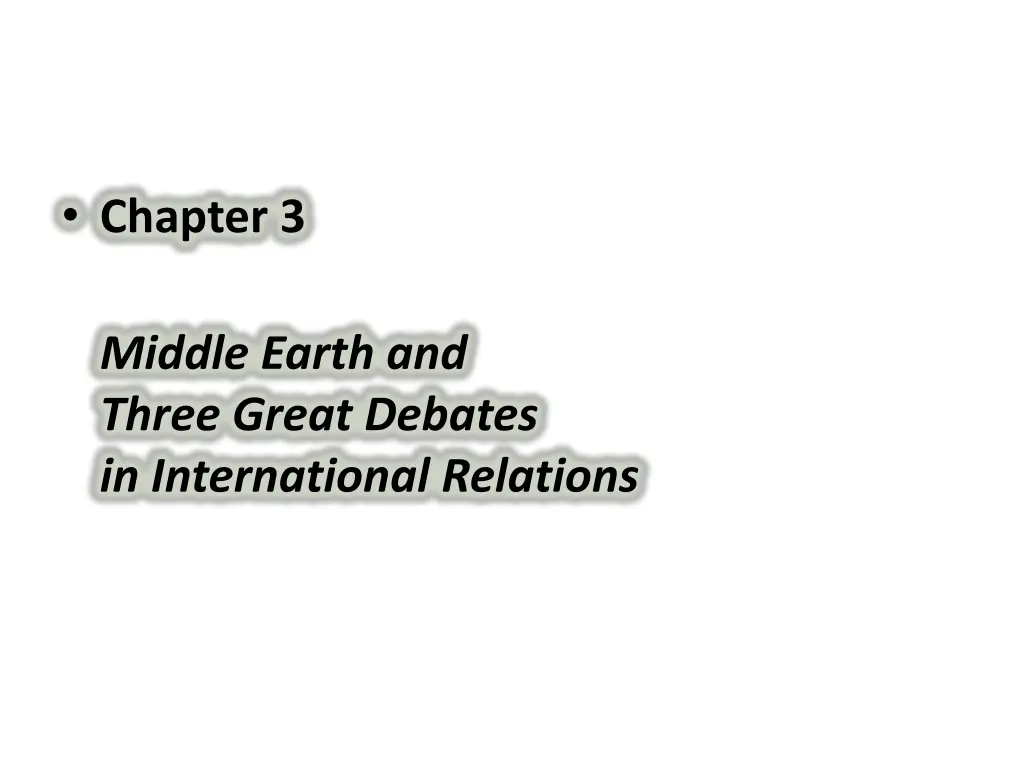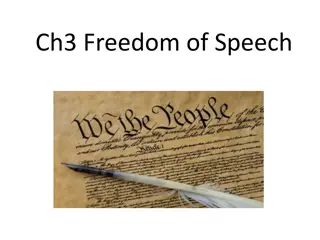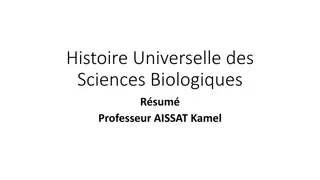
Great Debates in International Relations: Understanding Key Theories and Concepts
Explore the three great debates in international relations, including Classical Realism, Classical Liberalism, and Marxism. Delve into the English School of thought with a focus on rational choice and different methodologies. Understand Neo-Realism's perspective on inter-state conflict and the distribution of power in the international system.
Download Presentation

Please find below an Image/Link to download the presentation.
The content on the website is provided AS IS for your information and personal use only. It may not be sold, licensed, or shared on other websites without obtaining consent from the author. If you encounter any issues during the download, it is possible that the publisher has removed the file from their server.
You are allowed to download the files provided on this website for personal or commercial use, subject to the condition that they are used lawfully. All files are the property of their respective owners.
The content on the website is provided AS IS for your information and personal use only. It may not be sold, licensed, or shared on other websites without obtaining consent from the author.
E N D
Presentation Transcript
Chapter 3 Middle Earth and Three Great Debates in International Relations
The Great Debates in International Relations 1st Great Debate (20s & 30s) 2nd Great Debate (50s-80s) 3rd Great Debate (80s & on)
Classical Realism The 1st Great Debate Classical Liberalism Visions of the future Marxism
CLASSICAL REALISM Humans are eternally aggressive Conflict is the normal state of the world Ends justify means States are primary actors in the international system
CLASSICAL CLASSICAL LIBERALISM LIBERALISM People are inherently good, so conflict can be reduced through social learning Conflict is not the norm, but an aberration NGO s & other non- state actors play a significant role in the international system
MARXISM Focuses on conflict among different economic classes Social revolution promotes greater equality Trees in Fangorn resist perceived efforts to exploit them
English School The 2nd Great Debate Rational Choice Neo-realism Method: History vs. Science Neo-liberalism Neo-Marxism
English School Focuses on international society of states
Rational Choice Unbounded Rationality Actors maximize their interests through cost- benefit analysis
Rational Choice Bounded Rationality Calculations are informed by self-awareness and psychological factors
Neo-Realism Inter-state conflict is inevitable because of anarchic structure of international system Key variable is distribution of military power Under anarchy, lack of overarching power or government puts states into a security dilemma
Defensive Realism States seek to increase power only under certain circumstances
Offensive Realism States seek to increase power to maximize their security
Neo-Liberalism Inter-state cooperation is feasible Greater concentration on role of international institutions in constraining behavior and overcoming barriers The more contact states have through trade, investment, tourism, etc., the stronger the reciprocity
Neo-Marxism Inter-state conflict is inevitable because of anarchic structure of international system Key variable is distribution of military power Under anarchy, lack of overarching power or government puts states into a security dilemma
Gramscian Dependency World Systems
Positivism The 3rd Great Debate Constructivism How knowledge is acquired Critical Theory
Constructivists Emphasizes role of socially constructed ideas in shaping International Relations Without a perceived security threat, warlike behavior isn t considered and the norm is peace Constructed worlds can constrain behavior in international politics
Critical Theory Questions rationalist state-centric framework and research agenda Focuses on alternative issues and marginalized populations Argue that normative concerns should be included in International Relations
Where is IR theory now?


